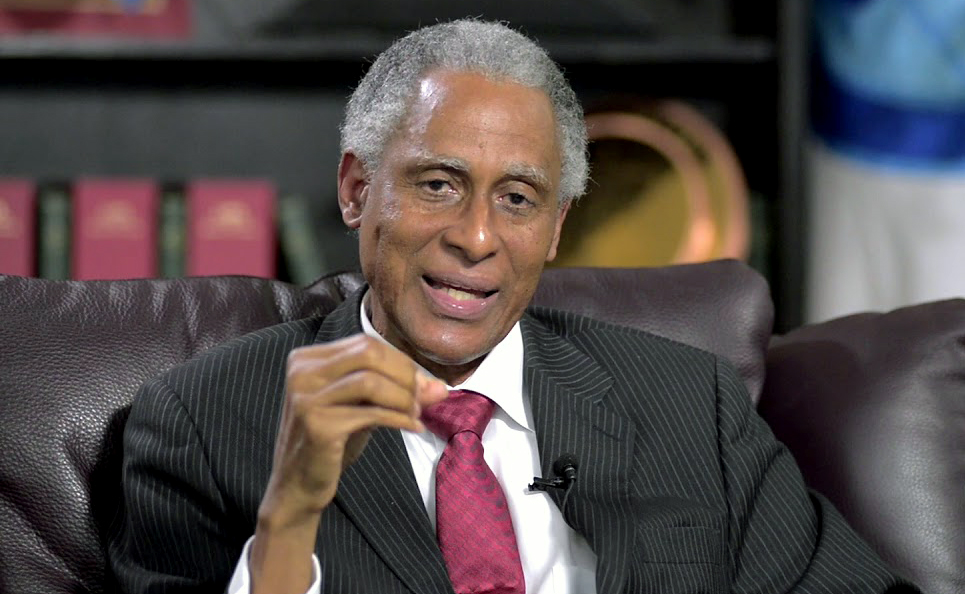
President of the Trinidad-based Caribbean Court of Justice (CCJ), Justice Adrian Saunders, says after 50 years of political independence, he remains perplexed that Caribbean people are still finding “excuses” in support of the London-based Privy Council as the region’s final court.
Justice Saunders, who will receive an honorary degree of Doctor of Laws from the Cave Hill campus of the University of the West Indies (UWI) later on Saturday, said that he remains confident that like other regional institutions, the CCJ will be embraced by all the people of the Caribbean.
“I remain confident that, as is the case with, for example, The Caribbean Development Bank, the Caribbean Examinations Council, and of course The University of the West Indies, to name just a few, the time will come when the CCJ also will be recognised as another of those Caribbean institutions whose vital contribution to the region can almost be taken for granted,” he told a dinner here on Friday night on behalf of his fellow graduand Professor Ebenezer Oduro Owusu, Vice Chancellor of the University of Ghana and Professor of Entomology at the Department of Animal Biology and Conservation Science.
The CCJ was established in 2001 to replace the Privy Council as the region’s final court. But while all the Caribbean countries have signed on to the Court’s Original Jurisdiction, only Barbados, Belize, Dominica and Guyana are signatories to the Appellate Jurisdiction of the Court that also serves as an international tribunal interpreting the Revised treaty of Chaguaramas that governs the 15-member regional integration movement, CARICOM.
Antigua and Barbuda and Grenada will hold national referendums on November 6 on whether or not to replace the Privy Council with the CCJ.
Justice Saunders told the ceremony that it is vital for Caribbean people with their fractured experiences over the past four centuries to have self-belief.
“A clear sense of ourselves. An understanding of our worth as human beings and of our ability to forge our own destiny…
“It is perplexing to me, for example, that so many people in the region contrive to find excuse upon excuse to justify the anomaly that, after 50 years of political independence, the laws that we proudly make should ultimately be interpreted and applied by a British institution, staffed with British judges all of whom reside in Britain.

“This, after CARICOM states, over 15 years ago, established their own Court, precisely to serve that purpose. This, after US$100 million was spent to guarantee that Court’s sustainability. This, after the Court, has successfully been operating for well over 10 years serving the needs of some States. “
He said that when he tries to explain this to his colleagues from Asia, Africa and Latin America, as he is sometimes obliged to do at judicial colloquia “this ceases to be an anomaly.
“In the face of the incredulity expressed by my colleagues, it becomes an embarrassment linked directly to our perception of ourselves and the level of confidence we have in our capacity to take full responsibility for our own governance…”
Justice Saunders, the third Caribbean national after Trinidadian Michael de La Bastide and St. Kitts-Nevis national Sir Dennis Byron to head the Trinidad-based CCJ, said “I temper my perplexity, I look to the future and I remain confident.
“I remain confident that our institutions of learning, and UWI in particular, will rise to the challenge of inspiring our students with the notion that Caribbean people are inferior to no one; that we do have the capacity to govern ourselves, to build and maintain worthy institutions;
“That we are able to and that we do produce the human resources effectively to manage such bodies; that these institutions, when locally established, work for us in ways in which no others can; and that if we observe carefully, objectively, we will see these truths demonstrated over and over again. Yes, I remain confident.”

In his address, Justice Saunders said the UWI, after 70 years in operation, has every right to be proud of its achievements.
“Its student enrolment has grown from a few dozen persons when it opened its doors in Mona in 1948 to tens of thousands at the present time. More importantly, UWI alumni now occupy leading positions in all fields of life, in all professions, in the region.
“It is fair to say that the realisation of the dreams and aspirations of the people of the Caribbean Community, in large measure, rest with those who have graduated this institution,” the CCJ President said.
The St. Vincent and the Grenadines born jurist said that while it is a huge credit to the university with main campuses in Trinidad and Tobago, Barbados and Jamaica, “it also generates enormous expectations, especially in the context of the times in which we live.
“This is the age where information has never before been as accessible as it is today. The ability to publish information to millions of persons has never been easier. That ability can be a powerful force for good. It makes it possible for all of humanity, instantly, to be mobilised behind the most impactful endeavours.
“But the opposite is also possible. Nameless, faceless publishers, with hidden agendas, can manipulate public opinion, sometimes with tremendous political, economic and social consequences. Innocent recipients of information have the greatest difficulty distilling truth from falsehood; sincerity from deliberate deception; democracy from populism.”
Justice Saunders said that in the face of these realities, “it behoves all of us, but especially institutions of higher learning, to prepare present and succeeding generations to rally around eternal core human values.
“Truth, Compassion, Cooperation, Caring, Courtesy, Peace, Empathy, Hard honest labour … These are values we must safeguard and promote if we are to take full advantage of the rich bounty the information revolution makes available to us,” he said, paying “tribute to the tutelage and guidance that I and so many others have received from the eminent faculty that have taught at the University”.
Advertise with the mоѕt vіѕіtеd nеwѕ ѕіtе іn Antigua!
We offer fully customizable and flexible digital marketing packages.
Contact us at [email protected]








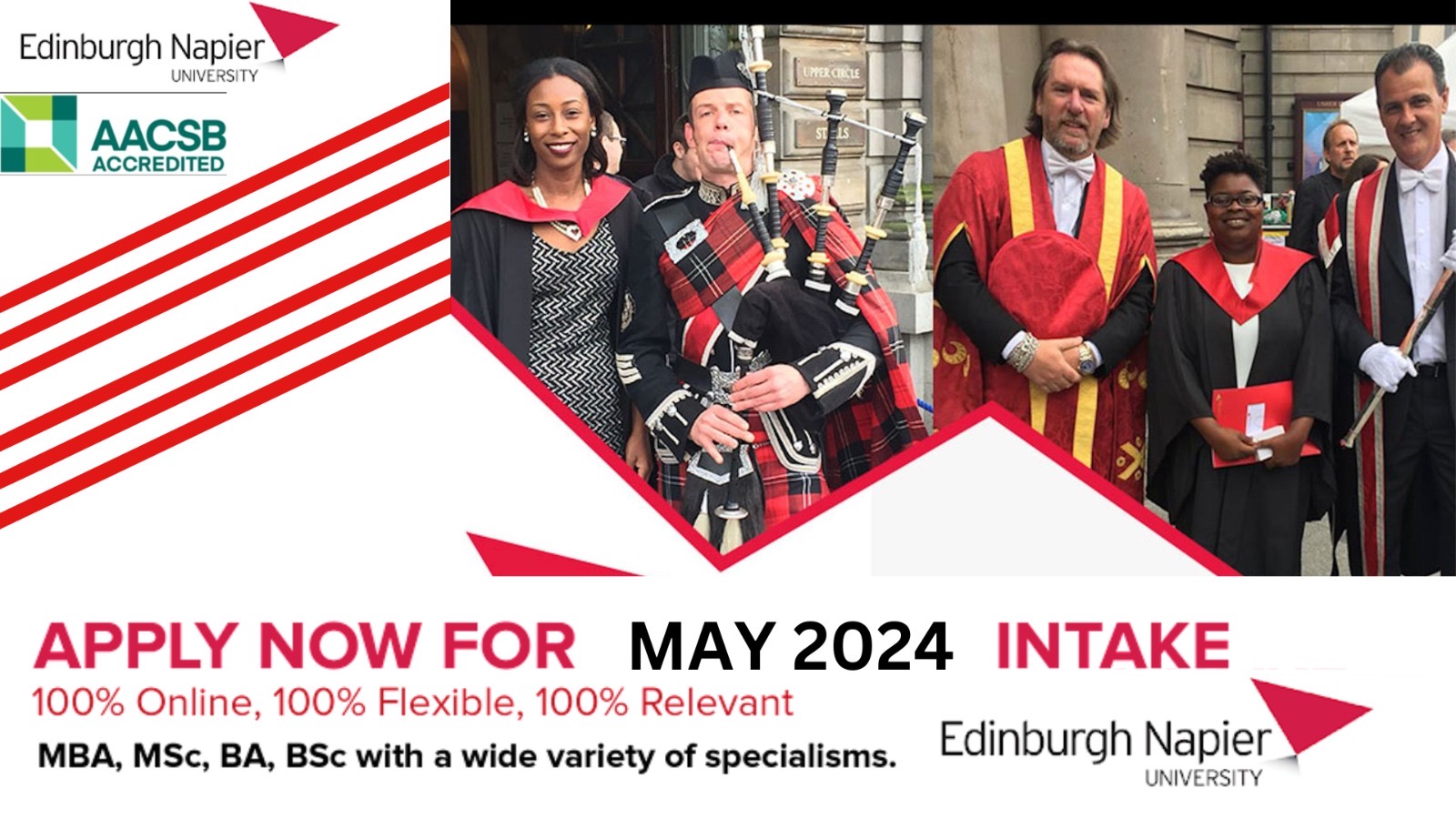


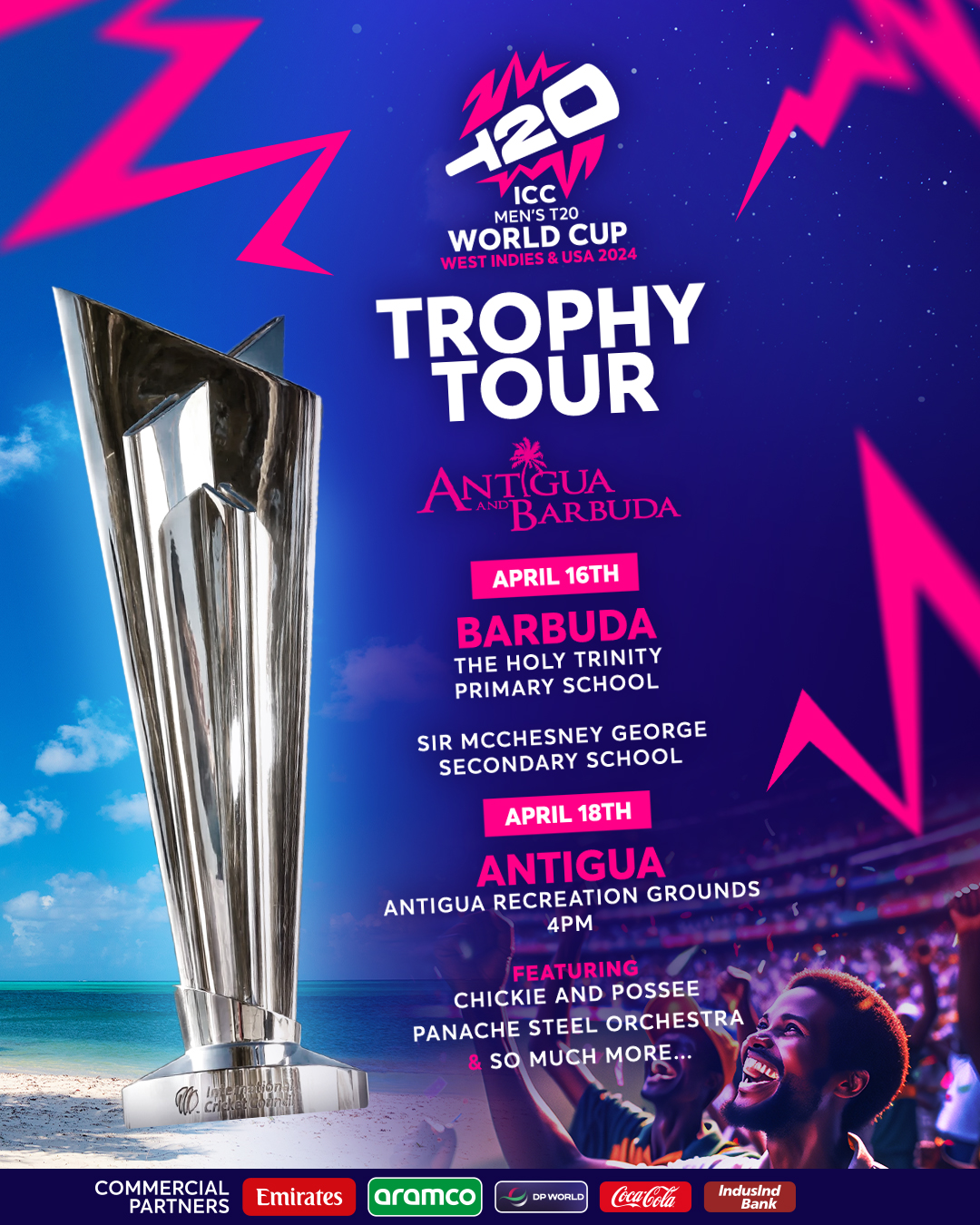

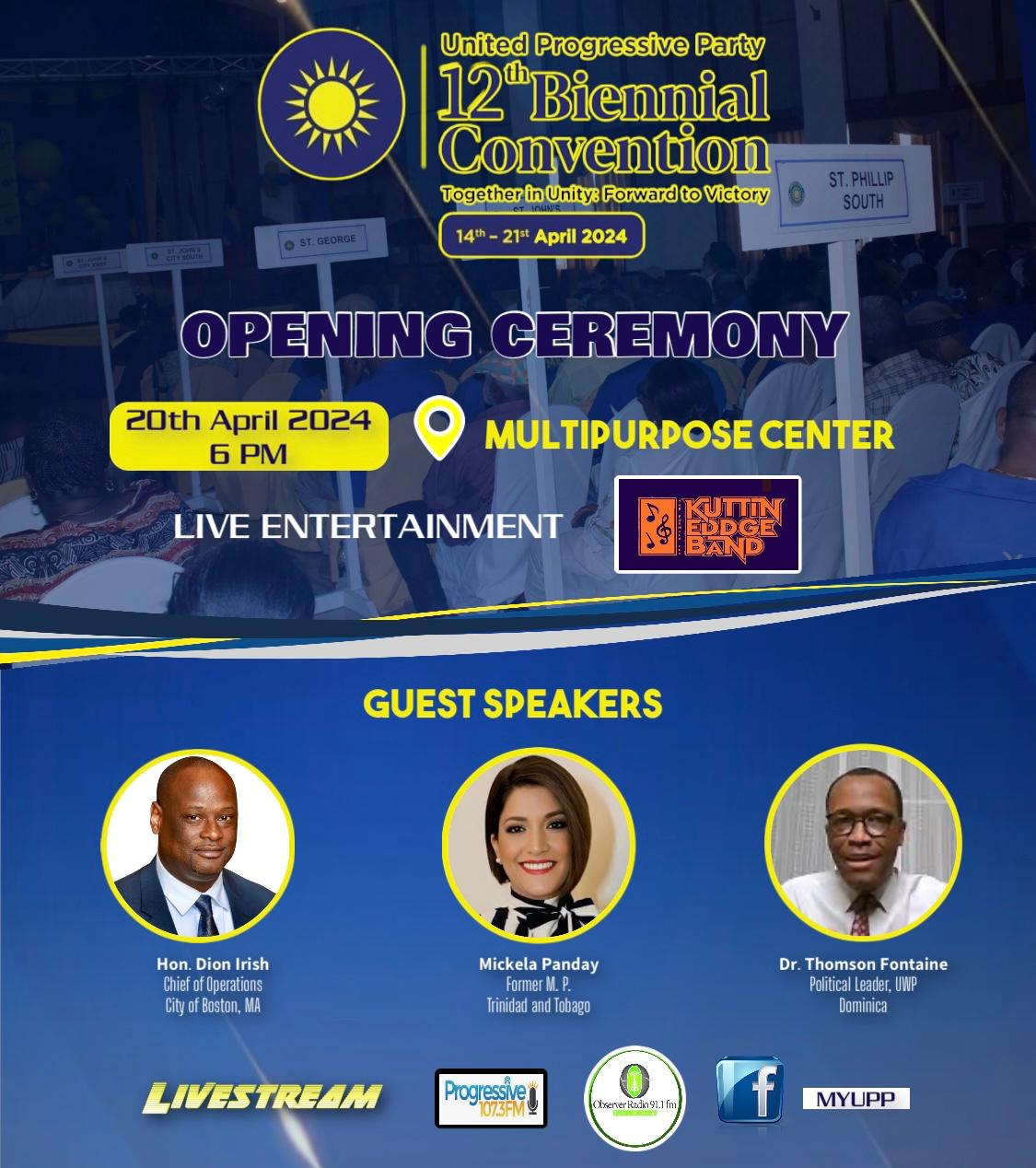

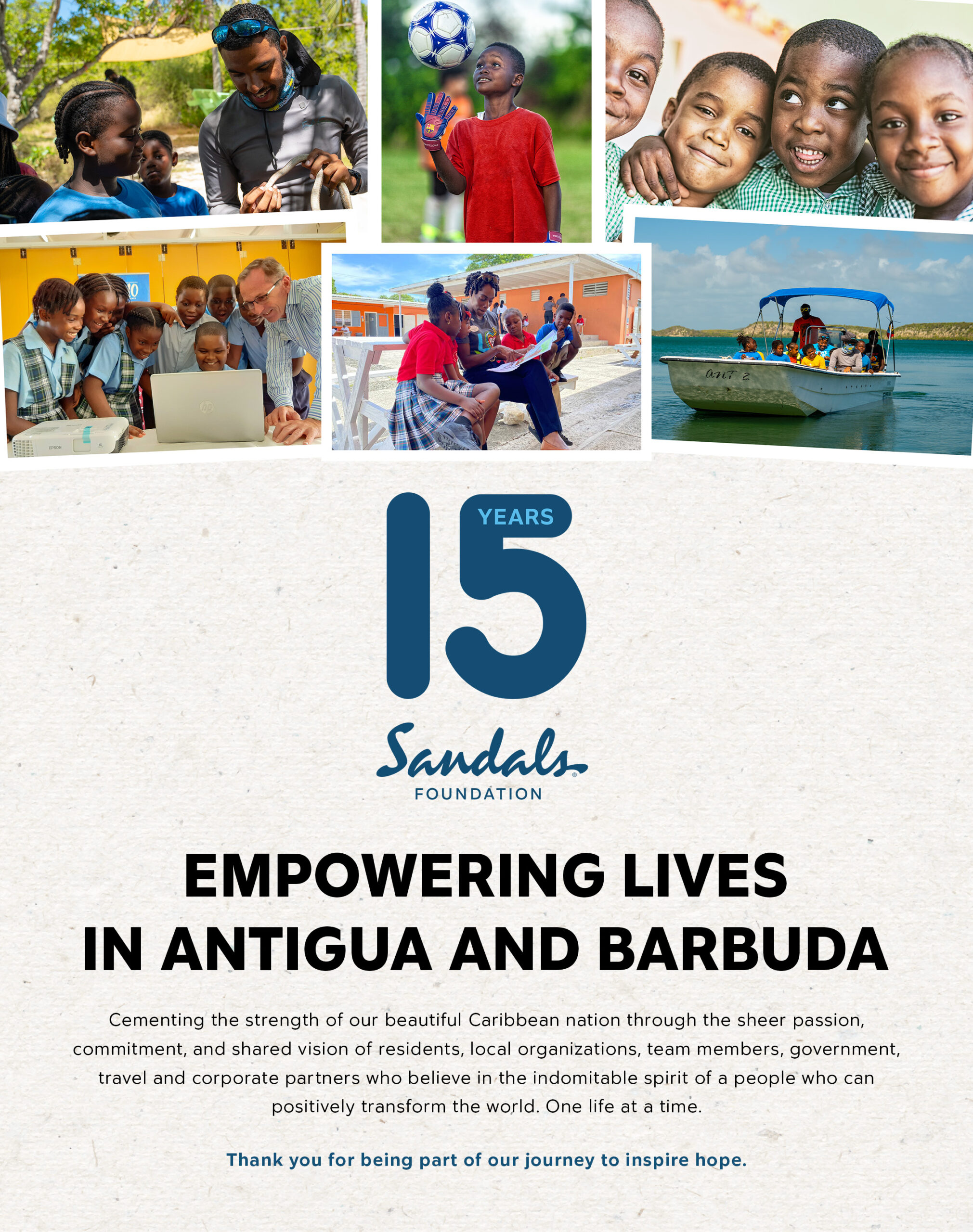

What is there to be “perplexed” about? The politicians approve the judges. This is perceived as political interference in the execution of JUSTICE. My family, neighbours and plenty in my community will vote NO to the CCJ on November 6.
How many of these politicians and judges are also Freemasons?
Your family and your neighbor are not the only one who would vote a resounding NO. My family and my neighbor will be voting NO and I am sure we are not related neither do we live in the same neighborhood!
It may be true that we have no perception of ourselves, but whose fault is it? I believe it is the blacks system like ourselves.
They told us that we are politically independent; yet we are still enslaved economically, socially and mentally through the same ancient constitution handed down by the so called slave masters and their behaviour and attitudes in the run of the country.
Therefore, would we not learn to distrust anything that we perceive to be associated with them?
It must be understood that some day, we will make CCJ our final appellate, but not now.
Much cleaning and men with **** are needed.
Too much blatant nasties are going on and they affect us one way or another.
Until we get gatekeepers that will do what they pledged to do without fear or favourable and we learn to trust the system, NO CCJ FOR ME.
We are divided and weak.
PERCEPTIONS OF OURSELVES OR PERCEPTIONS OF THE JUDICIARY
It might be disingenuous of President Justice Saunders to speak of ‘…Perceptions of Ourselves,’ and not the ‘…perceptions of judicial decisions’ handed down in regional
Courts that had outraged many litigants.
The respected jurist had recently been elevated from the ‘…Eastern Caribbean Supreme Court (ECSC),’ the Itinerant appellate Court on which he had, presumably, served meritoriously.
The Honourable Justice shall have known or reckless not to know the suspicion in which the regional judicial institutions had created in the minds of the people.
Then he may have been ‘perplexed’ and seek to free minds from what intellectuals continue
to tout as (i) ‘…centuries of colonialism and (ii) ‘…years of political independence.’
When do we make a change? We have to begin somewhere or we are always stuck in a cycle of waiting for things to happen. Let us not be dependent on others to drive our development but take some pride in ourselves and make positive changes. Don’t like the politicians, lobby for change of action. Elect persons of integrity and keep them on their toes instead of griping all the time. We don’t know if Brexit will have an effect on us with privy court. Don’t wait until Britain tells us to take a leap to scramble to do manage our affairs. Just my 2 cents
every journey begins with a first step in the unknown. Even going for independence was not easy but after 37 years we sure can say we have come a long way. And those skeptics from those days are now eating or licking their you know what. Same thing will happen to the nay sayers from today, I wonder what they will tell there grand children when they ask them how they voted on this day. Bet you lots of them will lie
Yes he is perplexed because he is a politician in a robe. We have no confidence in our leaders and that distrust rubs off on the judges who are not all above board.
Vote NO to the CCJ
The answer is in fact quite easy. Generations of mental conditioning dating back to the slavery era.
Sadly most of us are mis-educate.We don’t love ourselves.Hatred and zealousness engolf our minds. We are so misled by visionless politrickans.
Speak for yourself colonbo…..
I can understand CCJ President Justice Adrian Saunders’ views of being “perplexed that Caribbean people are still finding “excuses” in support of the London-based Privy Council as the region’s final court.”
He is by nature a man of high ethics and wishes to assure us to that of his principles. However, while we recognizes that he is key within a chair, we cannot be blinded of a regime still dominated by issues of deception via political corrosion which, are yet to be remedied since in the time of Caribbean Federation, the Grenada Revolution and the Treaty of Chaguaramas now known as CARICOM; a Caribbean Community and Common Market regime we are still struggle to work together on in unanimity.
Since the very head of the CCJ is so perplexed as to why Caribbean people are afraid of the CCJ…all.more reason to vote no. Fully out of touch.
Comments are closed.